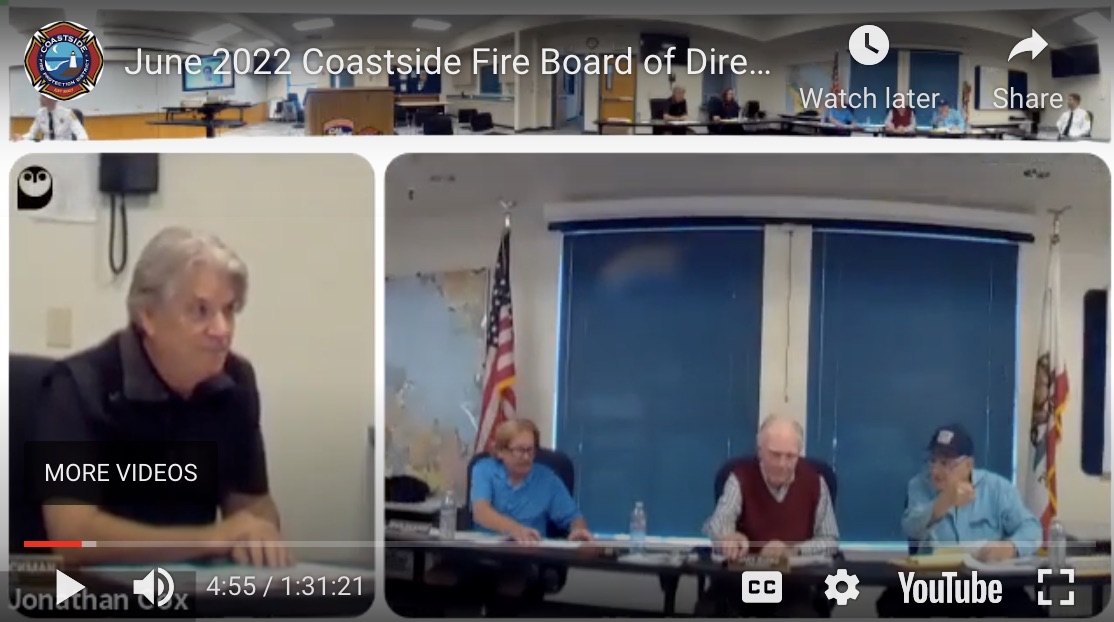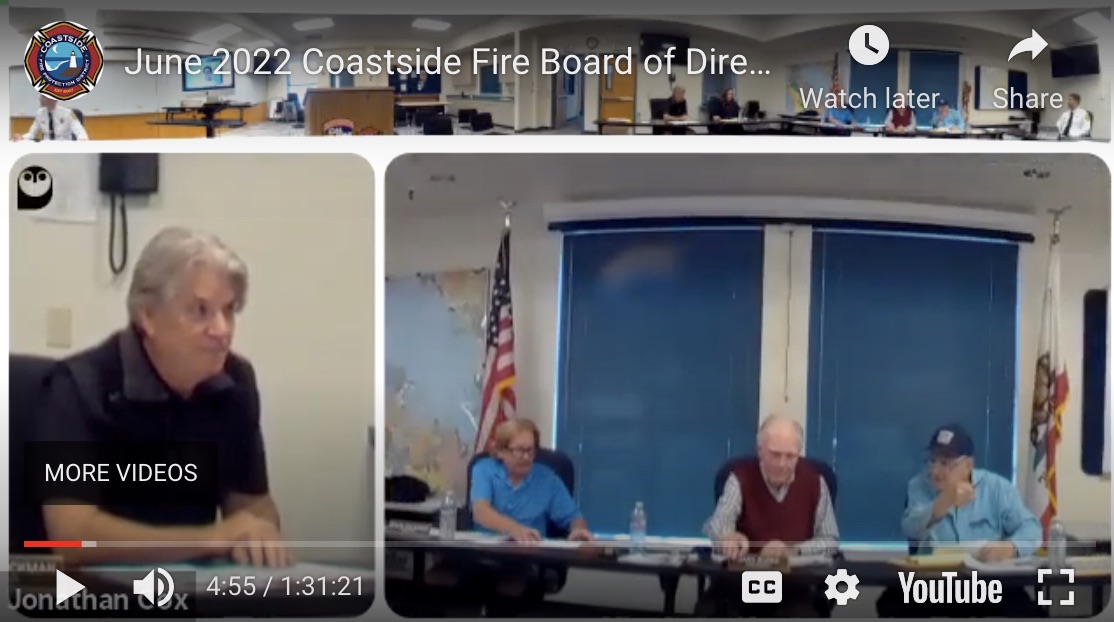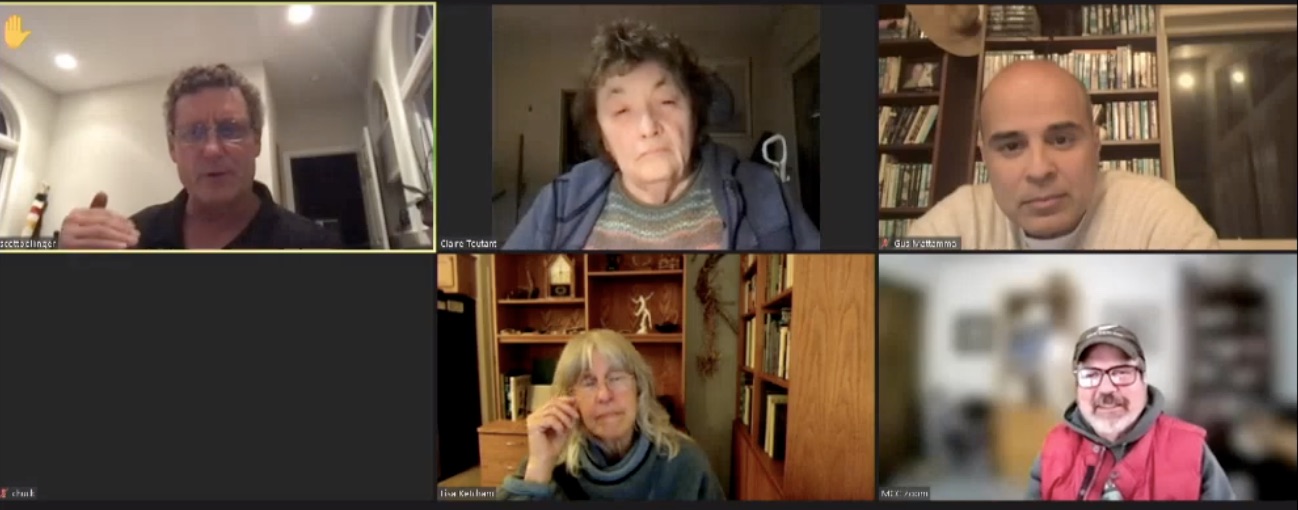|
Getting your Trinity Audio player ready...
|
PRESS RELEASE. From Civitas: Legal Update: AB 2449 (Rubio) Brown Act Updates.
As many of you know, the long-standing Brown Act rules for teleconferencing, (including posting of each person’s location, including each person’s address on the agenda, and allowing access for members of the public at each location) did not work well during the pandemic.
Many of you have been utilizing “AB 361” for more relaxed teleconference rules. Note that AB 361 applies only during a declared state of emergency and expires on January 1, 2024.
AB 2449 (Rubio), signed by Governor Gavin Newsom on Tuesday, September 13, 2022, authorizes local agencies to use teleconferencing without complying with teleconference requirements that each teleconference location be identified in the notice and agenda and that each teleconference location be accessible to the public, if at least a quorum of the members of the legislative body participate in person from a singular physical location clearly identified on the agenda that is open to the public and situated within the local agency’s jurisdiction, subject to certain requirements. These provisions start on January 1, 2023, and remain in effect until January 1, 2026.
- The bill stipulates that teleconferencing may be used for any meeting, if certain requirements are met. These requirements include voting via roll call for such meetings, proper noticing of the meeting and posting of the agenda and following specific rules to ensure the public can access such meetings and participate as required by law.
- To utilize teleconferencing, even in the absence of a state of emergency or social distancing recommendations, at least a quorum of the members of the legislative body participates in-person from a singular physical location clearly identified on the agenda, and the legislative body provides a two-way audiovisual platform; or two-way telephonic service and a live webcasting of the meeting to allow for the public to participate.
- For members of the legislative body that wish to participate in a meeting via teleconferencing, there are two reasons for which they may request to participate remotely- for just cause, and for emergency circumstances. AB 2449 outlines specific criteria for each of these two options, as well as requirements for the frequency in which these options may be utilized.
- The legislative body is not prohibited from providing the public with additional teleconference locations or from providing members of the public with additional physical locations in which the public may observe and address the legislative body by electronic means.
- For any member of the legislative body participating remotely, they must disclose if there is someone in the room with them that is 18 years of age or older and must provide a general statement of their relationship.
- For members that participate remotely, they must have visual and auditory capabilities- camera and microphone.
- In all circumstances, members of a legislative body may not participate in meetings solely via teleconference for:
- A period of more than three (3) consecutive months; OR
- 20% of regular meetings; OR
- If the legislative body meets less than 10 times per calendar year, more than two (2) meetings.
- The legislative body is required to have a process to resolve requests for accommodation made pursuant to the federal Americans with Disabilities Act of 1990. In each instance in which the time of a meeting is posted and the agenda is posted, there must also be a statement describing the process to submit such requests. Meetings are also required to be conducted in a manner consistent with applicable civil rights and nondiscrimination laws.
For questions, please contact, Roxanne Steinhoff at rsteinhoff@civitasadvisors.com.
More on the Brown Act on Coastside Buzz
AB 361 Amends the Brown Act, Allowing Public Agency Meetings to Zoom Until Jan. 1st 2024
Civics 101: Do You Know How the 1953 Brown Act Guides Public Agencies Towards Transparency?
California AB 992 Amends the Brown Act Regarding Public Agency Boards Use of Social Media
Hybrid meeting for the Coastside Fire Protection District (CFPD).






